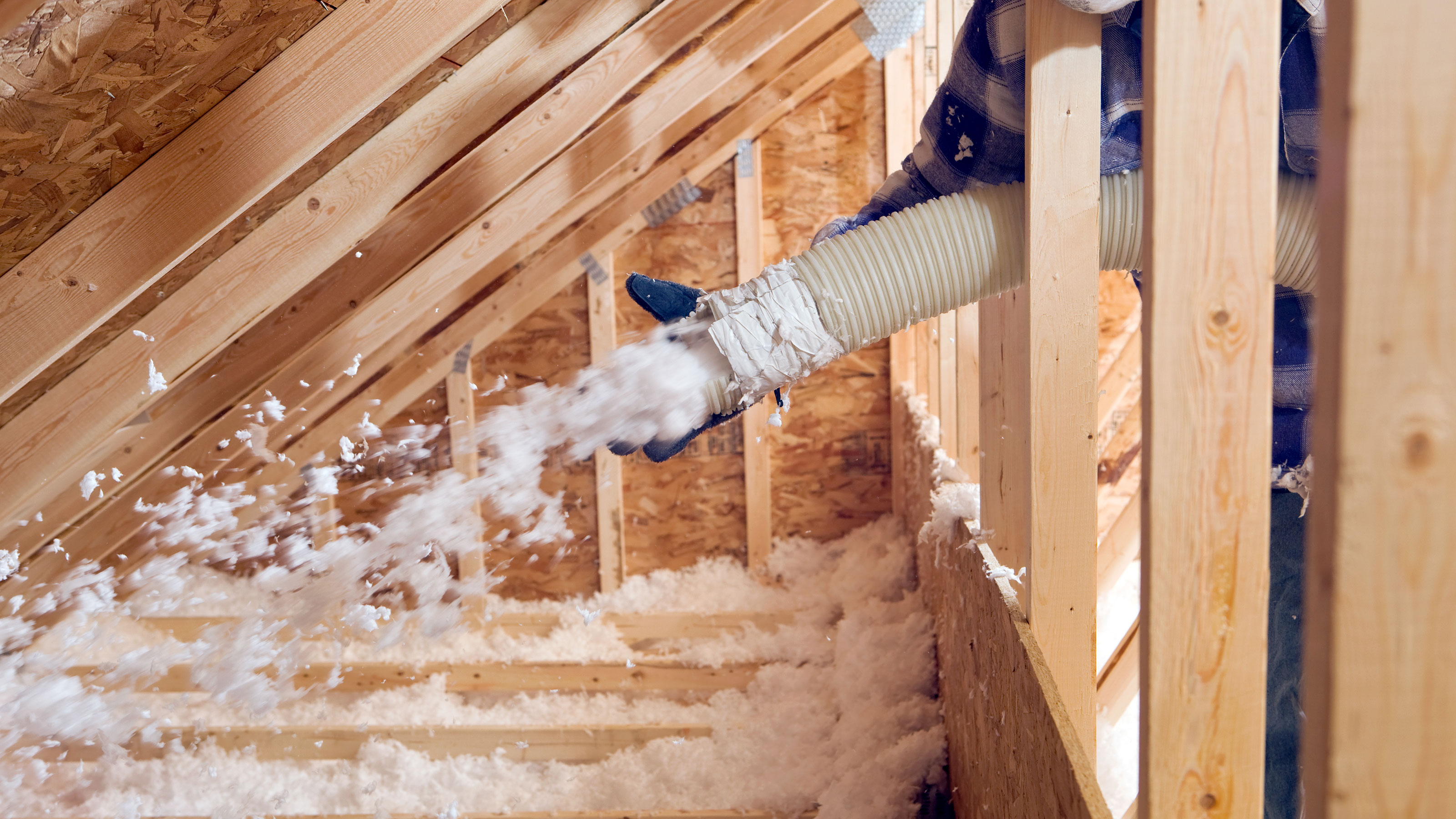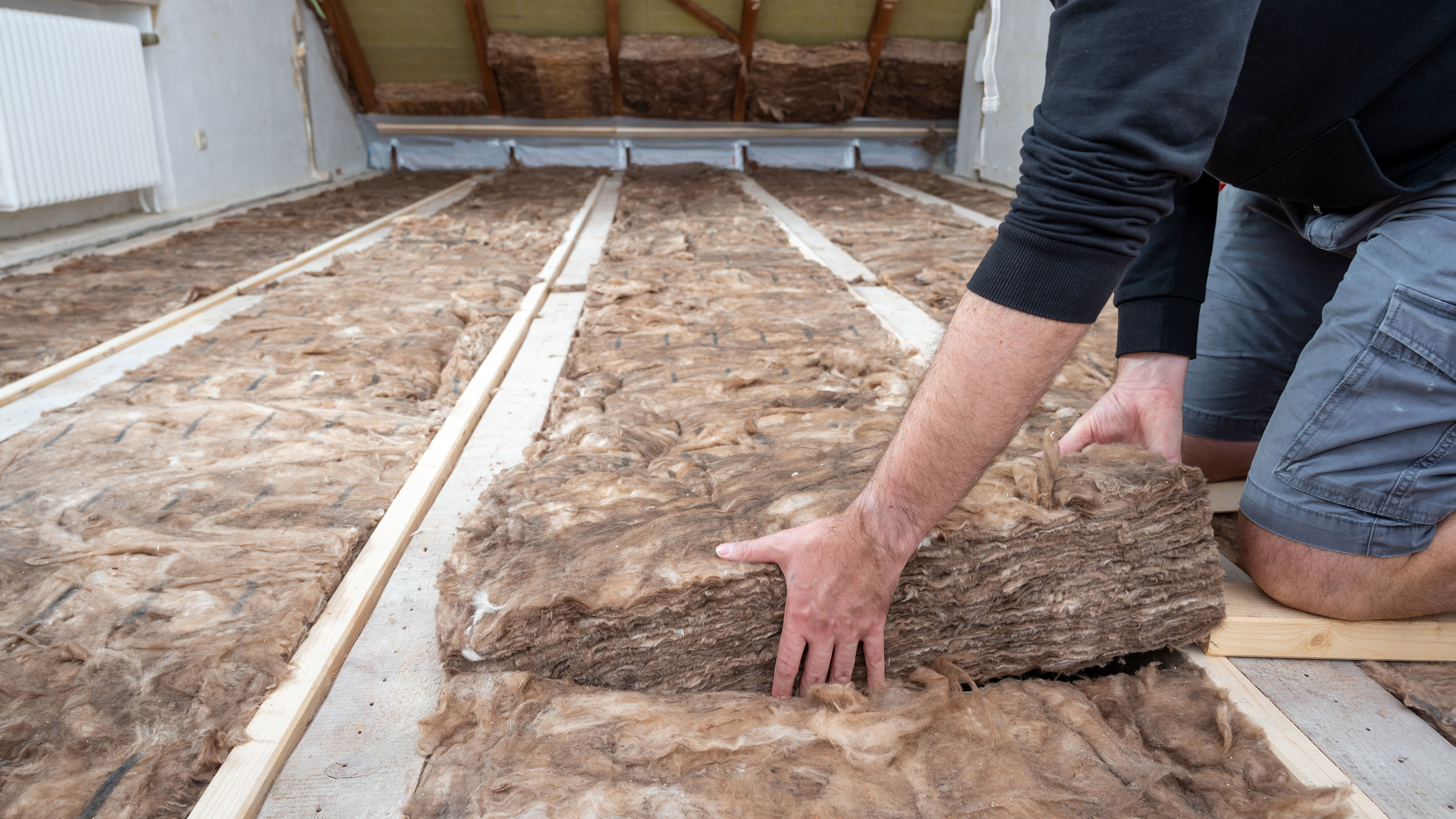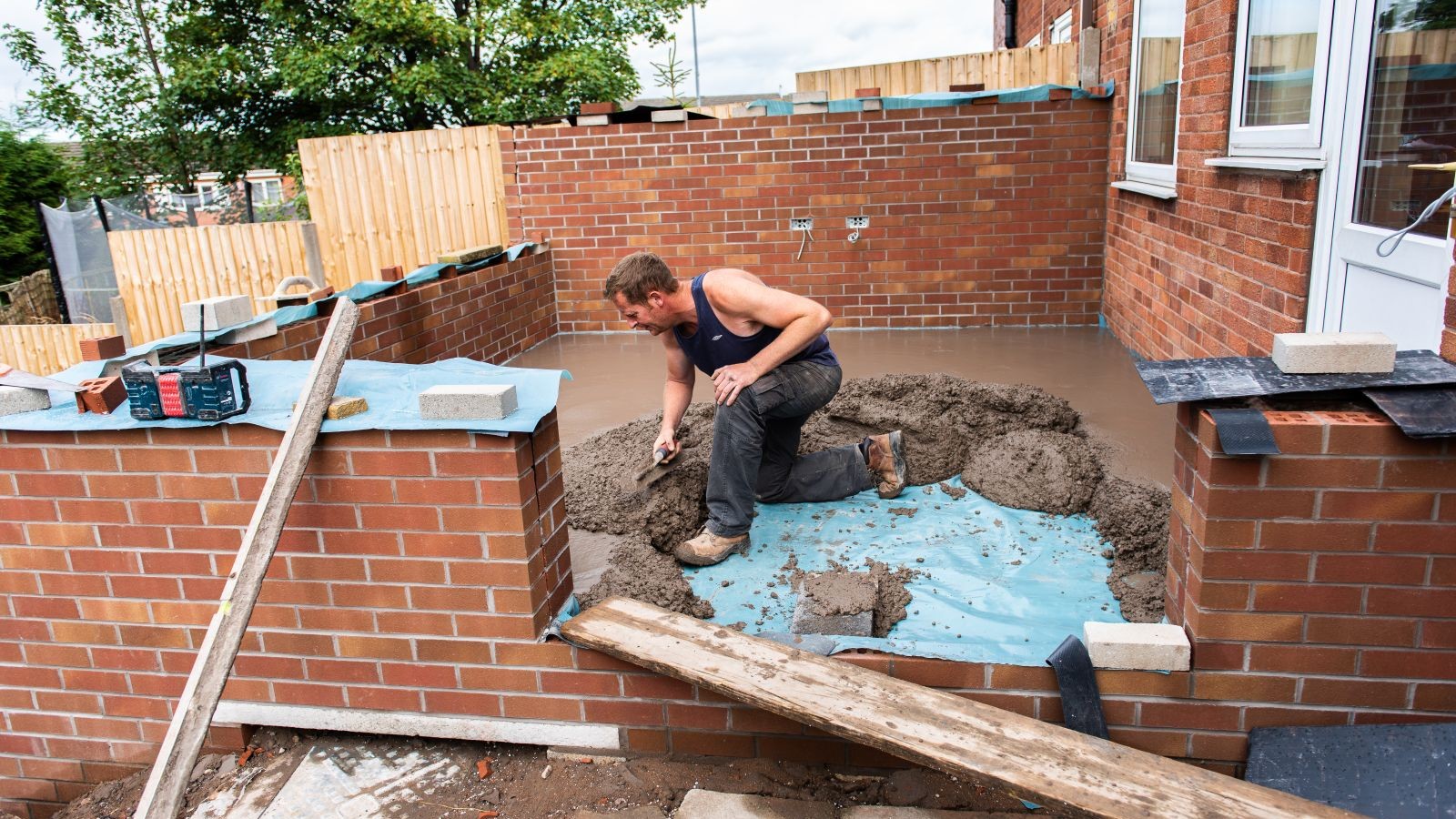Is Liz Truss's energy price freeze only a short-term fix for a long-term problem?
Architect Paul Testa examines criticism of the Energy Price Guarantee amid calls for a national insulation strategy to be urgently introduced

This month Liz Truss announced the government’s support package to help homeowners and businesses with the rapidly rising cost of energy, but criticism of the package begs a significant question: how much worse could the energy crisis become if the UK doesn’t lower its reliance on gas?
The Energy Price Guarantee is a substantial support package, estimated to cost up to £150 billion, which will freeze typical dual fuel energy bills at £2,500 for two years.
This, at least, recognises the scale of the problem, as typical bills were previously expected to rise to £3,549 in October before the energy price cap was superseded. However it doesn’t, I would argue, cover all the gaps and it will likely save higher earners (and energy users) more than those with limited incomes.
This isn’t the purpose of this piece, though. A new report by the Institute for Government think tank has strongly criticised the government for not including energy efficiency measures in their new plans. It even goes on to say the UK is paying the price for a “decade of failure” and calls for urgent interventions to green up our housing stock.
It’s hard to argue that the lack of focus on installing energy efficient measures isn’t a significant hole in the price freeze policy, so I’ve analysed the key points of this new report and ask the question, what needs to happen to ensure we’re not back in the same position in two years’ time?
UK has the least energy efficient homes in Europe
The report picks out a number of key issues facing the UK, one of which is that the UK has some of the least energy-efficient homes in Europe. This makes the scale and the impact of the energy crisis even more acute.
“Energy inefficiency will remain a major vulnerability beyond the short term,’ the report adds. So while the Truss policy will protect bills until 2024, this will put a huge burden on public finances if gas prices remain volatile.
Get the Homebuilding & Renovating Newsletter
Bring your dream home to life with expert advice, how to guides and design inspiration. Sign up for our newsletter and get two free tickets to a Homebuilding & Renovating Show near you.
There are many reasons why energy price rises have surged this year, and while the impact of price increases is being felt across Europe, the report highlights another worrying point: ‘The UK is among the most exposed countries in Europe to surging gas prices’.
The reason for this is because a larger proportion of UK heating comes from gas. But this isn’t just a gas demand issue, this is an energy demand issue. Currently, all electricity costs are pegged to gas prices as well, even though we have lots of much cheaper production methods, so we are doubly exposed.
Even if we could shift everyone to electric heating immediately, the Passivhaus Trust has calculated that the UK’s current grid capacity is 60GW and is projected by 2060 to only be 100GW. The peak load our homes currently demand is 170GW delivered by gas. Therefore, the answer to the crisis that addresses cost, security and carbon reductions is simple: we need to reduce our gas demand.

‘A decade of failure’
The report’s claim that ‘The UK is paying the price for a decade of failure’ is hard to disagree with. Since David Cameron famously said to “cut the green crap” in 2013, there have been no meaningful, well-funded and well-managed programmes for retrofit in the UK. The Green Deal and Green Homes Grant were both scrapped shortly after they were launched.
In fact, in those 10 years insulation rates have been at historically low levels. And this week, an analysis by the Energy and Climate Intelligence Unit (ECIU) revealed that the government’s decision to stop investing in home insulation schemes could cost the taxpayer £18bn, through the £9 billion which will be spent a year under the Energy Price Guarantee.
Not only that, the government cut the flagship Zero Carbon Homes plan in 2016, which was set to deliver all new builds to decent low energy standards. Instead, for the last ten years we’ve been building new houses that have needed an immediate retrofit to protect their owners from an energy crisis such as this one.
The Institute for Government’s report adds: ‘The UK’s current approach lacks ambition and funding – and it has ignored demand during the current crisis’. This is extremely worrying; the scale of funding to maintain a lower price cap is impressive, but it is short term. To have no mention of energy efficiency and retrofit at the same time suggests the government has no long-term plan.
What needs to happen next?
This point is key: ‘Success requires long-term certainty, scale and applying a range of policy levers consistently’. It exposes the problem with the way that our politics works; retrofitting needs cross-party support and needs certainty over a long period.
I have written previously questioning why do we not have a retrofit strategy? And the situation remains as it was back in November 2021. Since then though, the Labour Party has voiced its support for a long-term national energy efficiency plan, a plan which is backed by leading industry groups including the Federation of Master Builders. And a retrofit scheme launched in Ireland earlier this year could yet pave the way for the greening up of British homes.
With a well-insulated housing stock our heat demand would be lower and the risk to occupant health of reduced heating would be minimised. And insulating homes could benefit the UK economy by £7bn a year, according to Cambridge Econometrics and create 140,000 new jobs by 2030.
But only a cross-party, well-planned intervention will allow an effective and efficient infrastructure and skilled workforce to be built and maintained. My worry is that, despite growing calls across the industry for such a retrofit strategy to be introduced, there isn’t currently the will in government to achieve this.
Architect Paul is the director of HEM Architects and a specialist in low-energy design. HEM Architects are well-versed in designing sustainable, energy-efficient new builds and extension schemes. He has also just completed an eco retrofit to his family home.
He taught the technology course for the MArch in Architecture at Sheffield University, and is a tutor for the Sustainable Architectural Studies Masters course.

